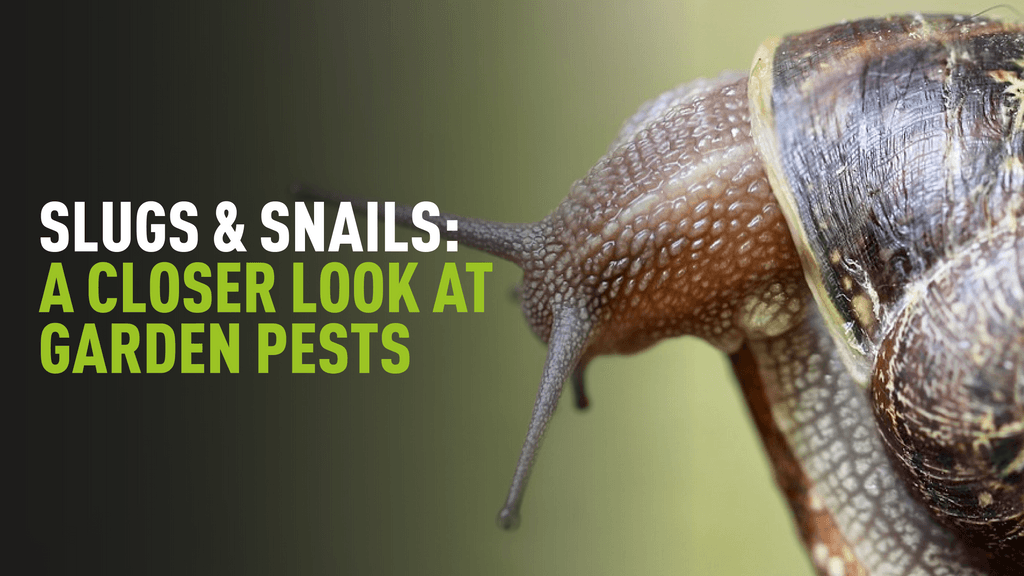Slugs & Snails: A Closer Look at Garden Pests

In the realm of pest control, slugs and snails pose unique challenges that require a thoughtful and comprehensive approach. As Contego, a national Pest Control company in the UK, prioritizes efficient and sustainable solutions, understanding the key factors impacting these gastropods is crucial.
Biology and Behaviour:
Slugs and snails, belonging to the class Gastropoda, are notorious for their voracious appetites and reproductive capabilities. Their feeding habits can cause damage to crops, gardens, and structures, making them a significant concern for both residential and agricultural areas.
Challenges and Considerations:
One of the challenges in slug and snail control is their resilience and adaptability. These creatures can quickly rebound after pest control measures, requiring consistent monitoring and adaptation of strategies. Contego's team of technicians, dispersed across the UK, undergoes regular training to stay updated on the latest developments in pest control, ensuring a proactive and effective response to evolving challenges.
Crop and Garden Damage:
Slugs and snails are voracious feeders that can cause extensive damage to crops and gardens. They target a variety of plants, including vegetables and fruits, leading to reduced yields and financial losses for farmers and gardeners.
Health Hazards:
Certain snail species carry parasites that can pose health risks to humans. Contact with their slime or consumption of contaminated food can result in infections and illnesses, making it essential to control their populations.
Structural Impact:
The feeding habits of slugs and snails extend beyond plants; they may target wooden structures and buildings. Over time, this activity can contribute to structural damage and maintenance issues, affecting the longevity of these constructions.
Environmental Consequences:
Resorting to chemical pesticides for slug and snail control can have adverse effects on the environment. The contamination of soil and water with these chemicals harms ecosystems, including beneficial insects and other non-target organisms.
Wildlife Disruption:
Slugs and snails disrupt the natural balance of ecosystems by competing with native wildlife for food resources. Their rapid reproduction and feeding habits can lead to population imbalances, negatively impacting the biodiversity of an area.
Addressing these points is crucial to minimising the impact of slugs and snails on agriculture, health, structures, the environment, and local ecosystems. Effective pest control measures need to strike a balance between mitigating these risks and preserving the delicate harmony of natural systems.
Professional Pest Control Impact:
Choosing professional pest control services is paramount for businesses and homeowners facing slug and snail issues. Contego's technicians, located nationwide, understand the nuances of regional pest problems and tailor their approaches accordingly. This localised expertise ensures a more targeted and efficient resolution to the specific challenges posed by slugs and snails in different areas of the UK.
Managing slugs and snails requires a holistic and adaptive approach, considering the environmental impact, alternative control methods, and the challenges associated with these pests. Contego, with its commitment to sustainable practices and regional expertise, stands as a reliable partner in providing effective pest control solutions tailored to the unique needs of clients across the UK. By embracing a comprehensive strategy, Contego ensures a balance between controlling these pests and safeguarding the environment, demonstrating its dedication to responsible pest management.
Defend yourself against pests with Contego
Don't wait until pests have invaded your premises, take action now and get in touch with Contego to safeguard your space from infestations. Our expert team is ready to assist you in defending yourself against pests, so contact us today for a comprehensive solution.


